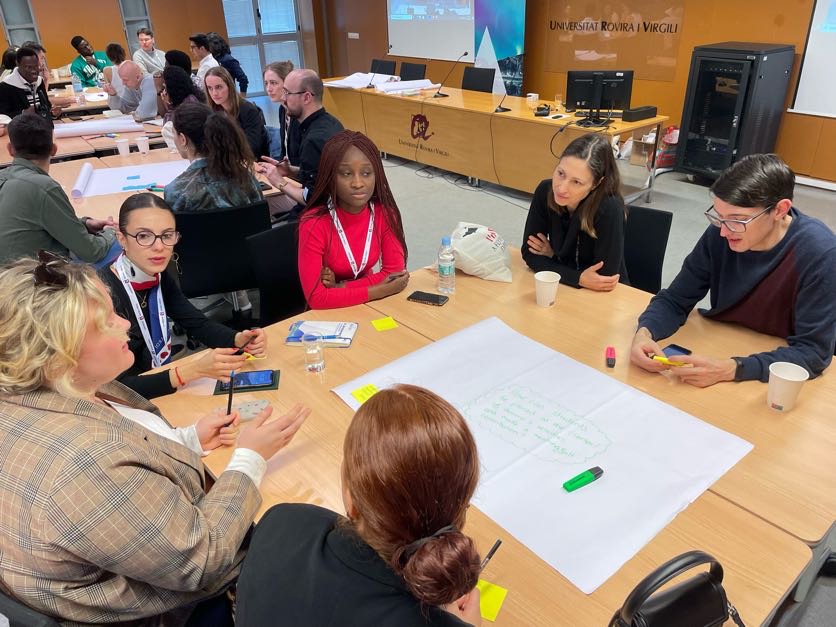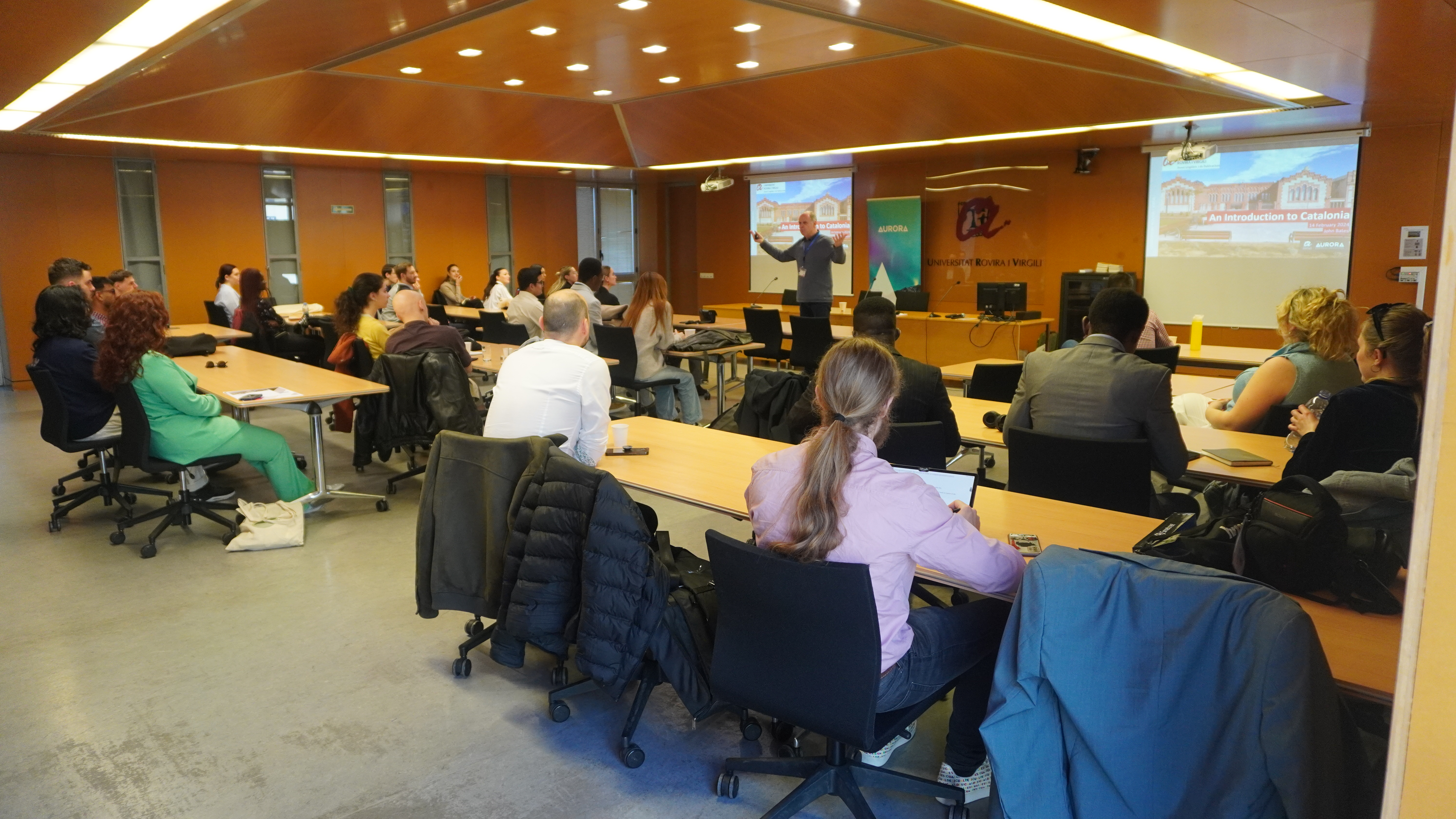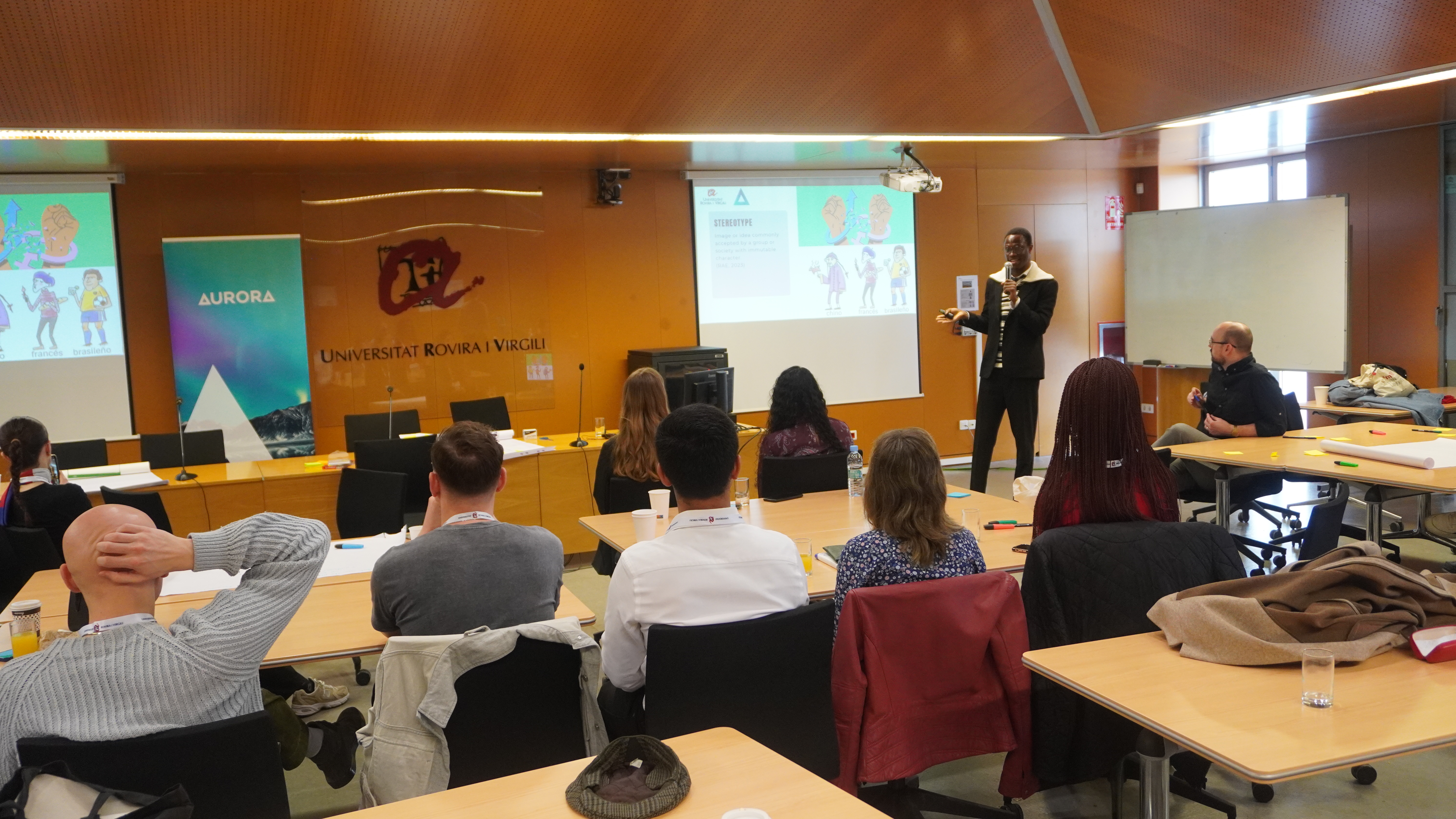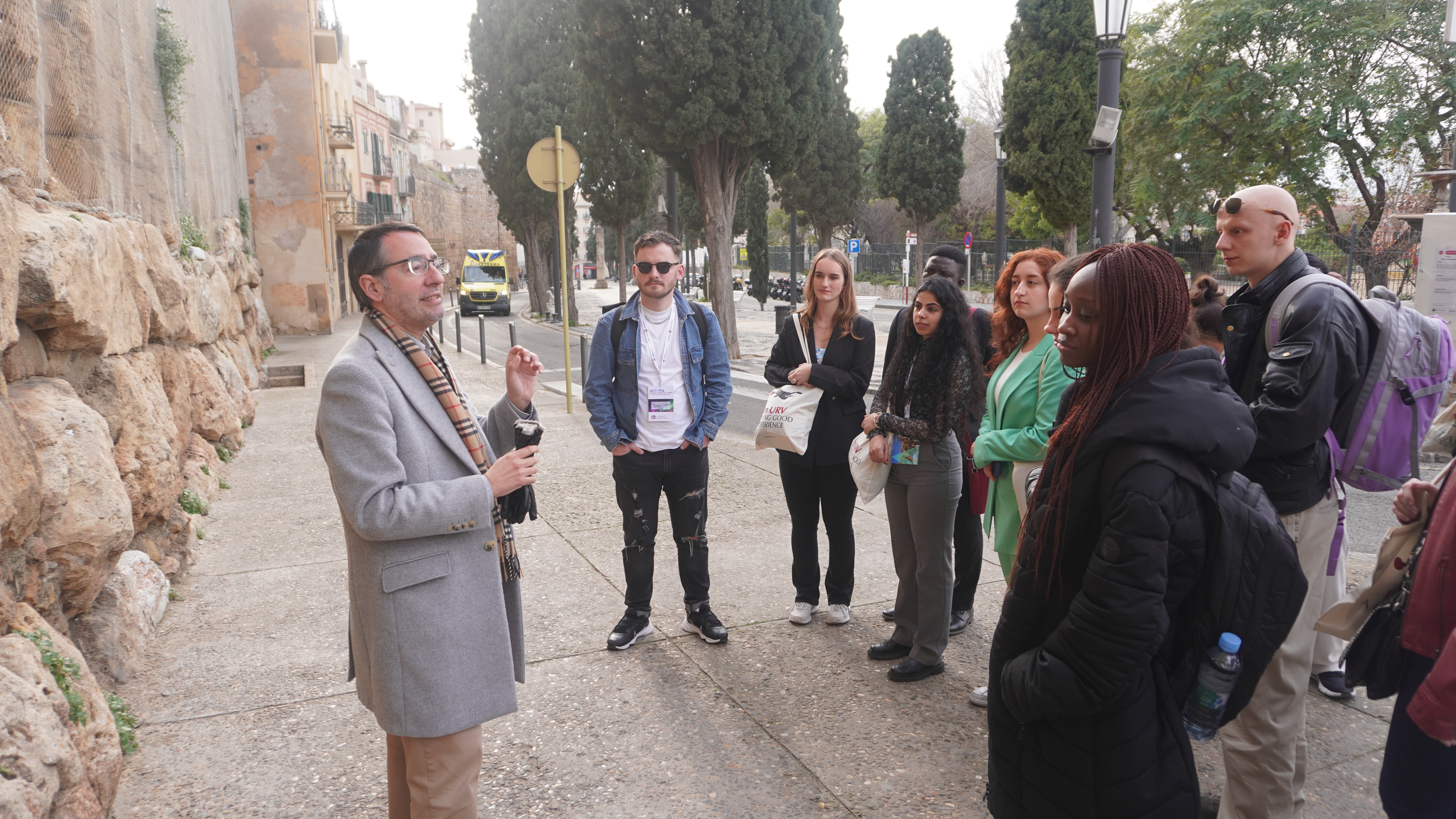Aurora Student Council Members Debate Key Topics At European Student Assembly 2024
Aurora Student Council (ASC) members and students Sören Daehn from Copenhagen Business School and Suvarn Nagan from Vrije Universiteit Amsterdam represented Aurora universities’ student voice at the 3rd edition of the European Student Assembly- ESA 24, hosted by the European Parliament in Strasbourg.
Over three days, Sören and Suvarn gathered with 250 students from 59 nationalities, 41 European university alliances and 170 universities. They discussed, debated, collaborated and voted on a collection of over 80 policy recommendations on 11 political topics. The European Student Assembly generally aims to:
- Provide a platform to voice the opinion of students from European universities of different countries, backgrounds, fields and levels of study, all recruited for their engagement and motivation;
- Foster the participation of students, strengthen collaboration between them and increase the impact and visibility of European university alliances;
- Advocate for deliberative processes to reinforce European democracy and to reduce the gap between citizens and decision makers; and
- Encourage students to be involved in European democratic processes, and European politics at local, national and European levels.
Debating Issues at the Heart of Europe
During the ESA 24, 11 panels drafted several recommendations on different political issues. These included the Green Transformation, AI guidelines, public health, Euroscepticism, higher education or cultural heritage. Combined, the panels produced over 80 policy recommendations. Over 90% were then – with a majority vote – adopted by the whole assembly of 250 participants.
Alongside his panel, Sören worked on recommendations regarding reforms and changes to the current EU-Enlargement process. They highlighted that the current accession guidelines have not undergone critical reforms in many years. They further suggested that the EU-Enlargement process should not simply bring in candidate countries quickly. It should do so while protecting EU institutions and its current member states by setting realistic standards.


The panel developed eight meaningful and crucial recommendations, which were democratically adopted by the whole assembly. Part of their recommendations included:
- Increased and equalized economic support and investment opportunities;
- Transformation to a gradual accession process and qualified majority voting;
- Support for securing territorial integrity and deterring third-party influence; and
- Support for free media, civil society organizations and against misinformation.
Creating Impact for the Future of Europe
The ESA 24 was a great example of the importance of student involvement in European politics. Specific outcomes of the Assembly, including political recommendations, will be disseminated among relevant stakeholders, policymakers, and educational institutions.
The European Student Assembly continues to be an invaluable experience for Aurora universities students to get to know other engaged and politically interested students from all over Europe. They also learn more on how policy making in the European Union works. Most importantly, the ESA 24 provided a platform to formulate an opinion and raise the voice for European students on the most pressing current political matters.

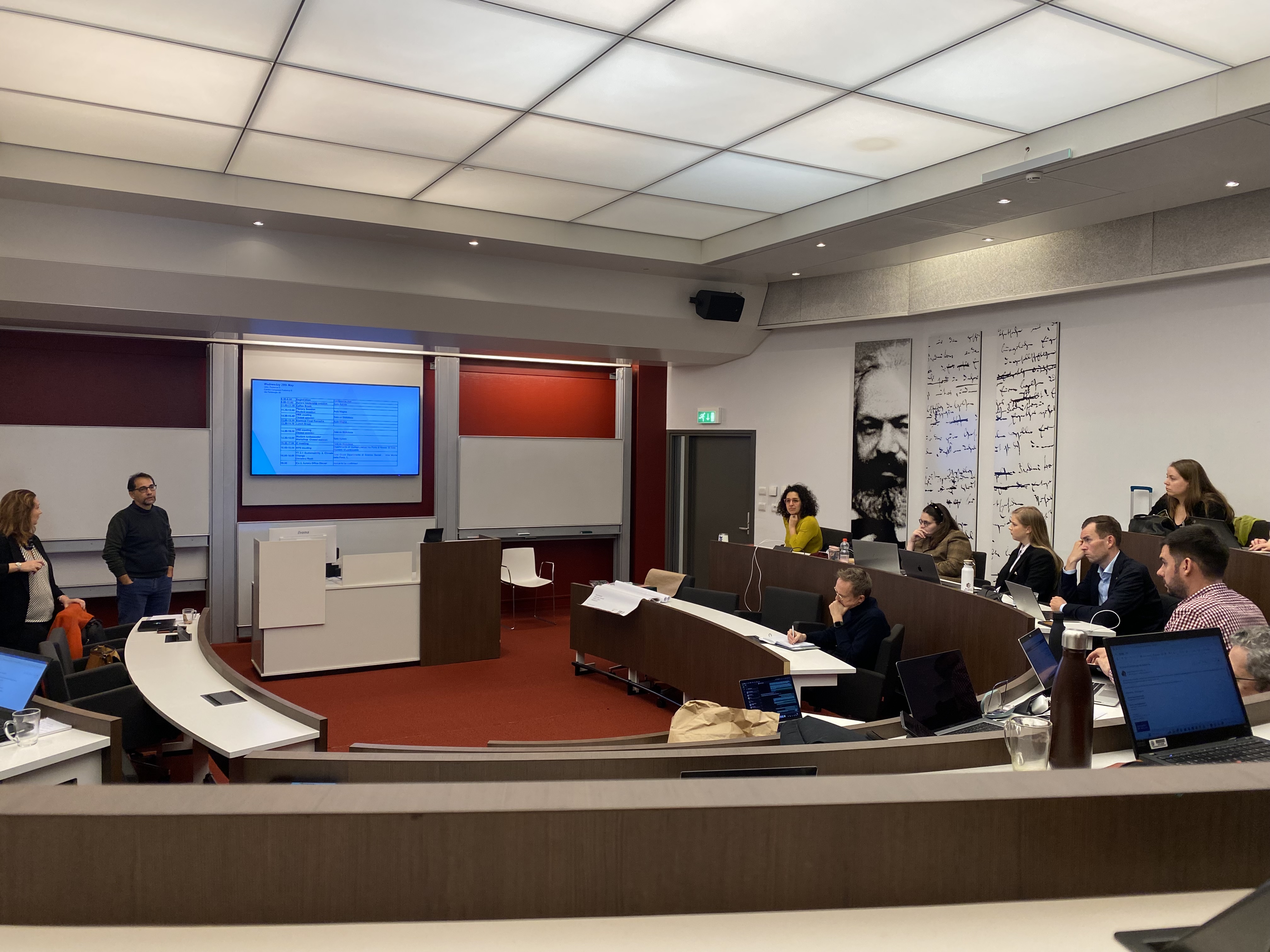
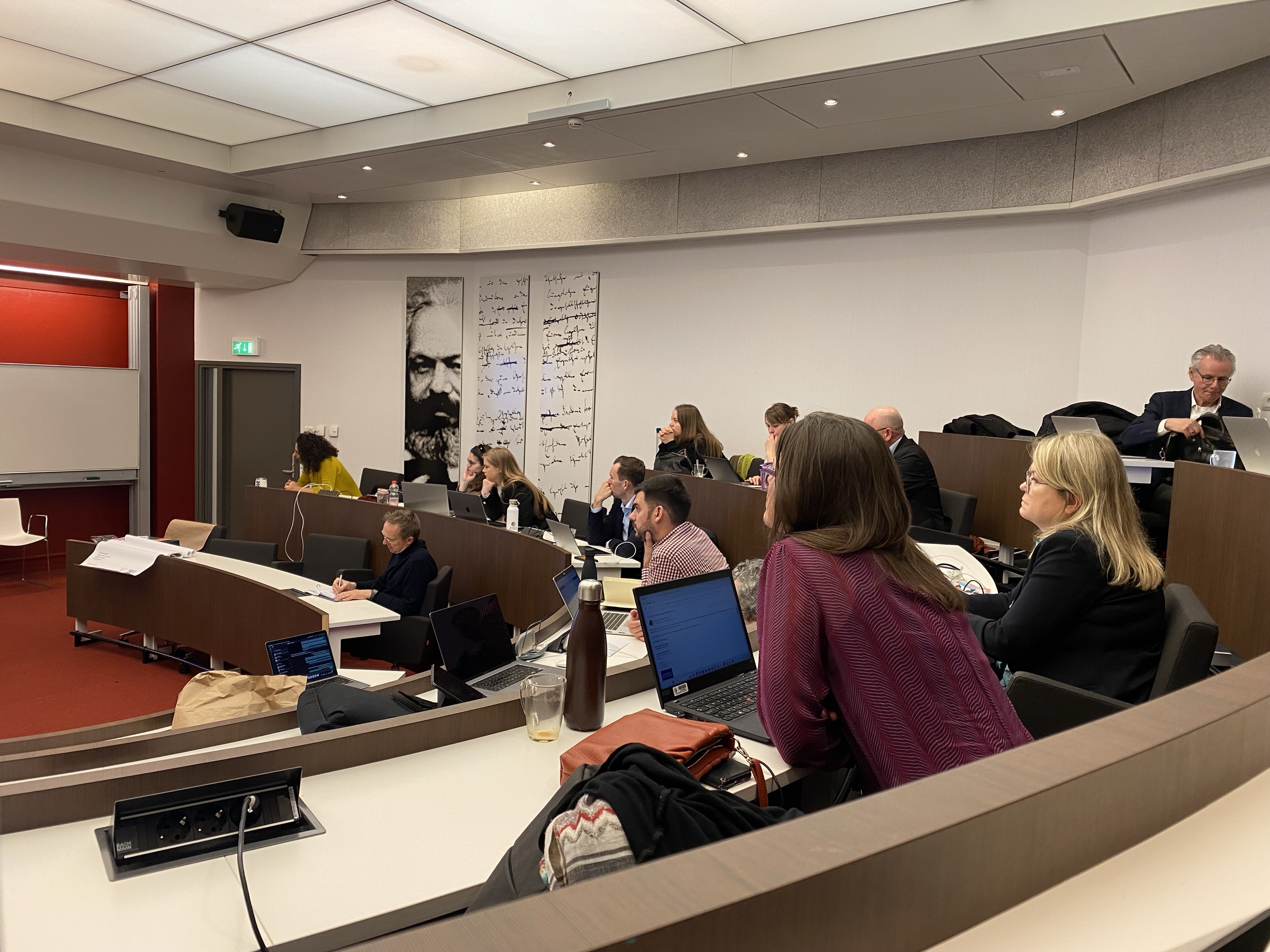
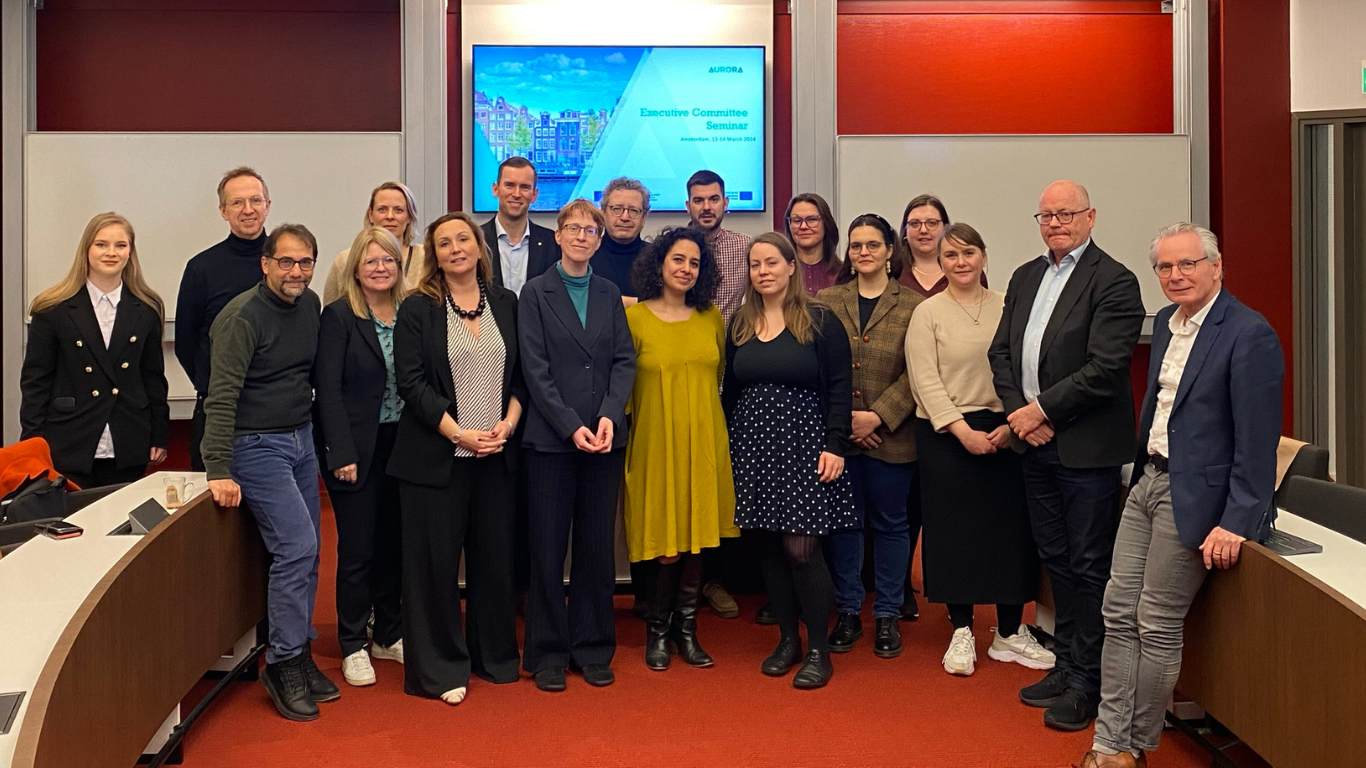
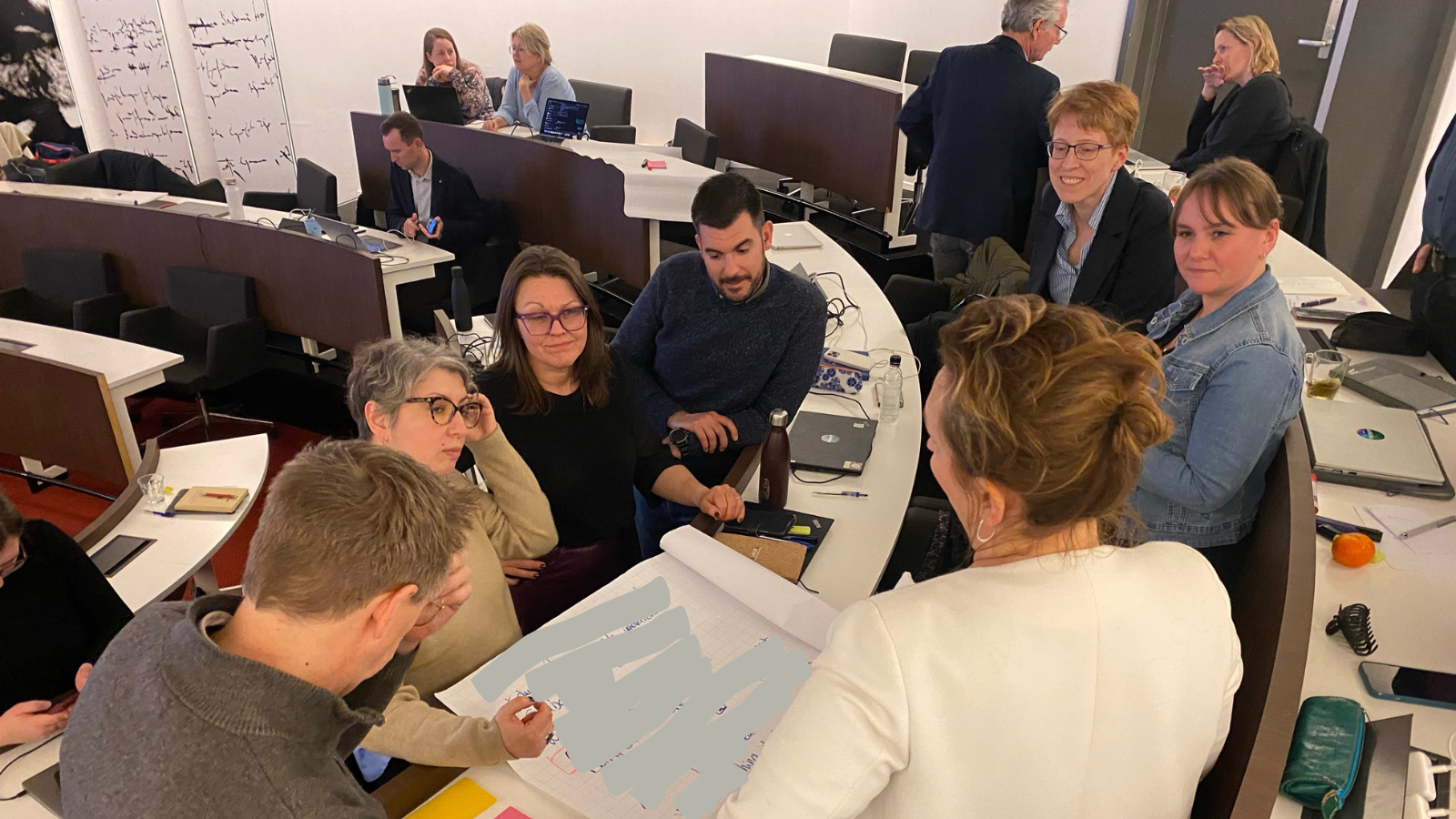
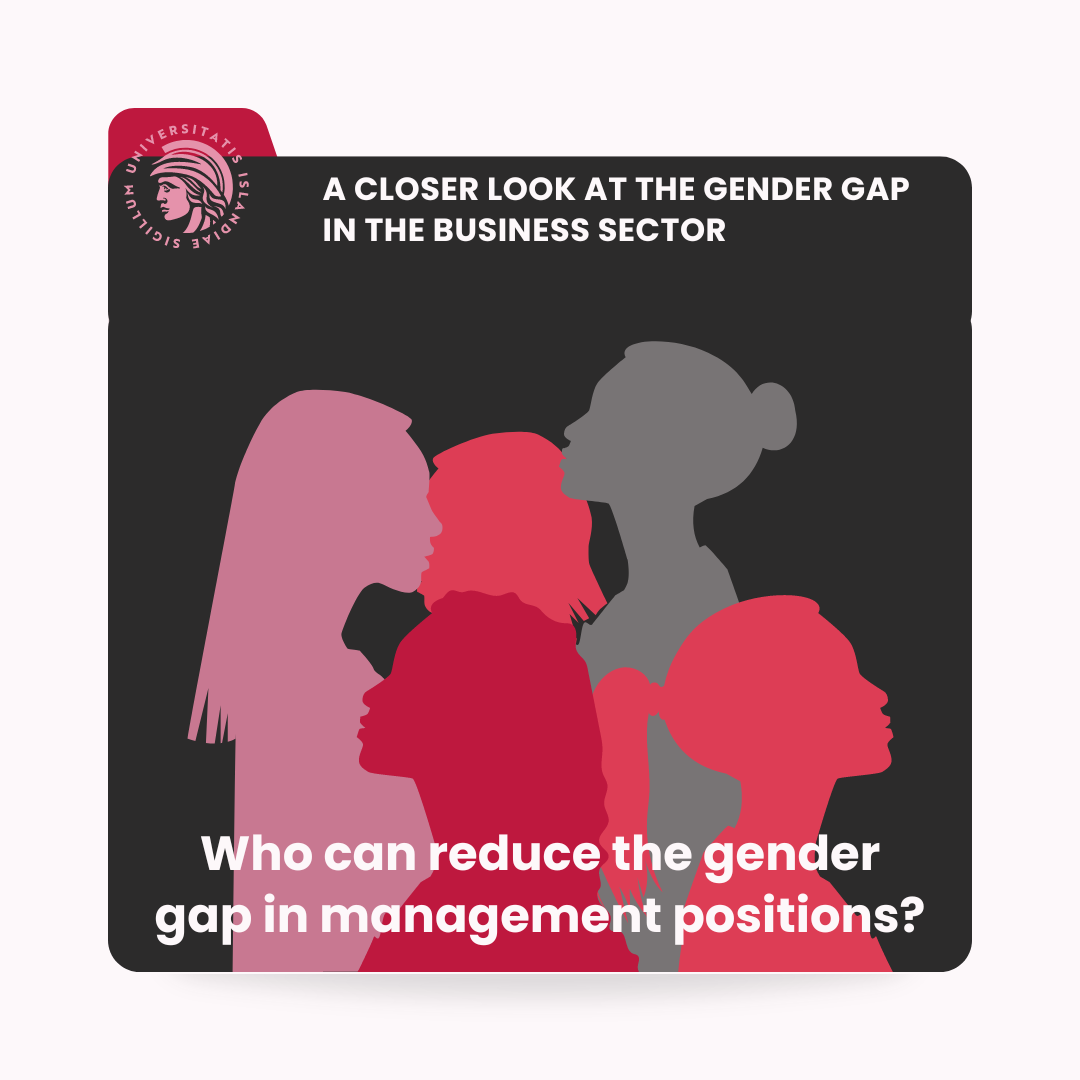 As part of a larger conference called
As part of a larger conference called 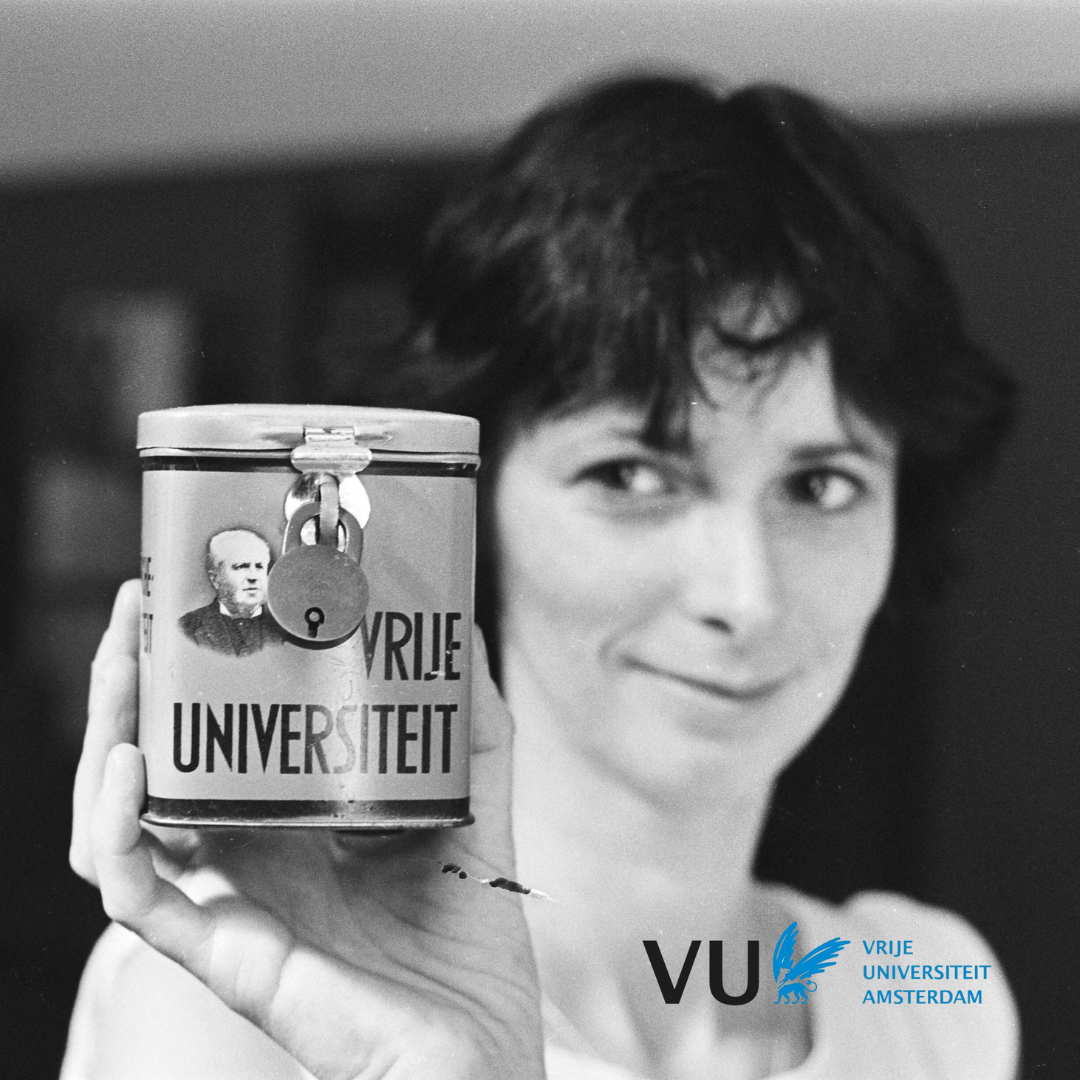
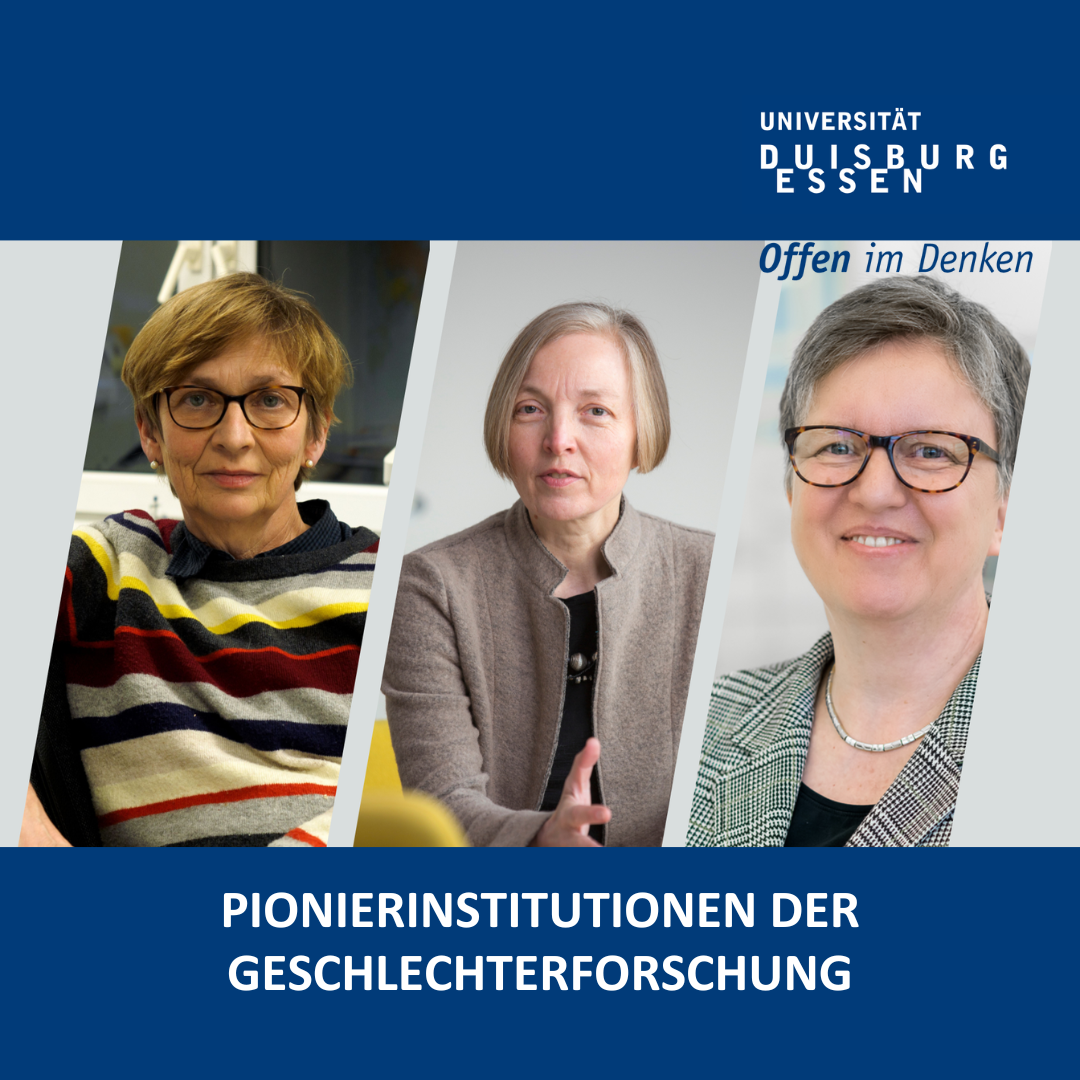
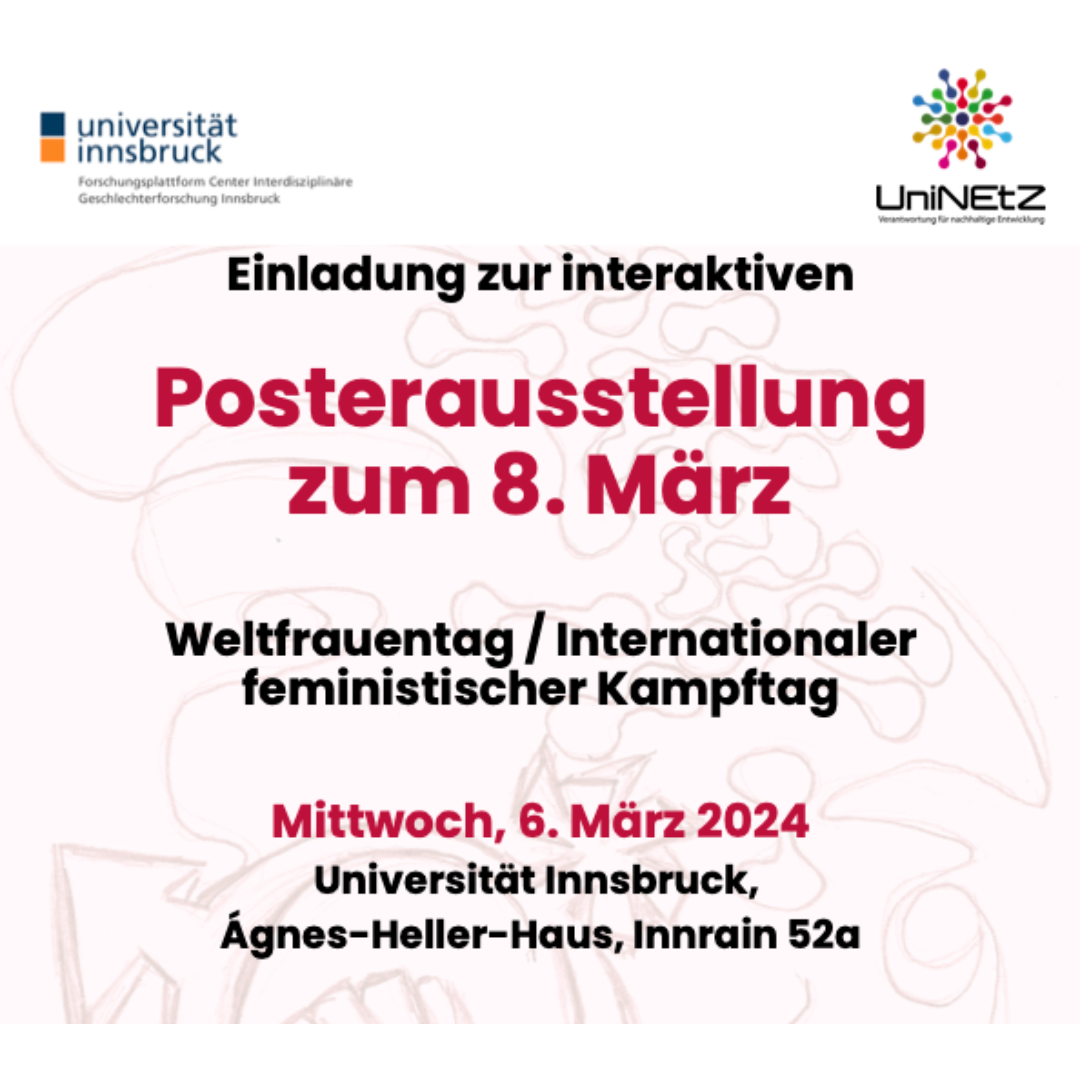

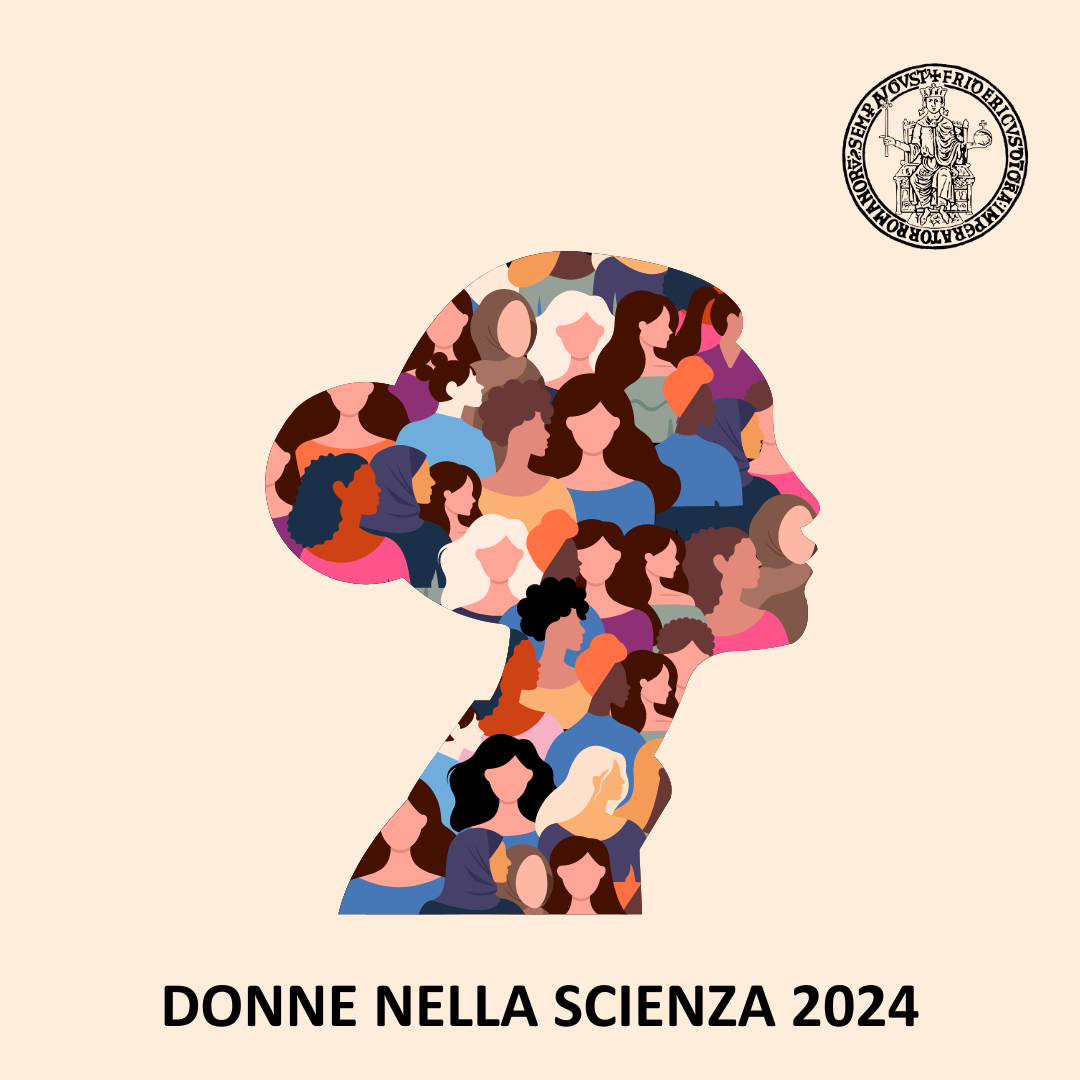
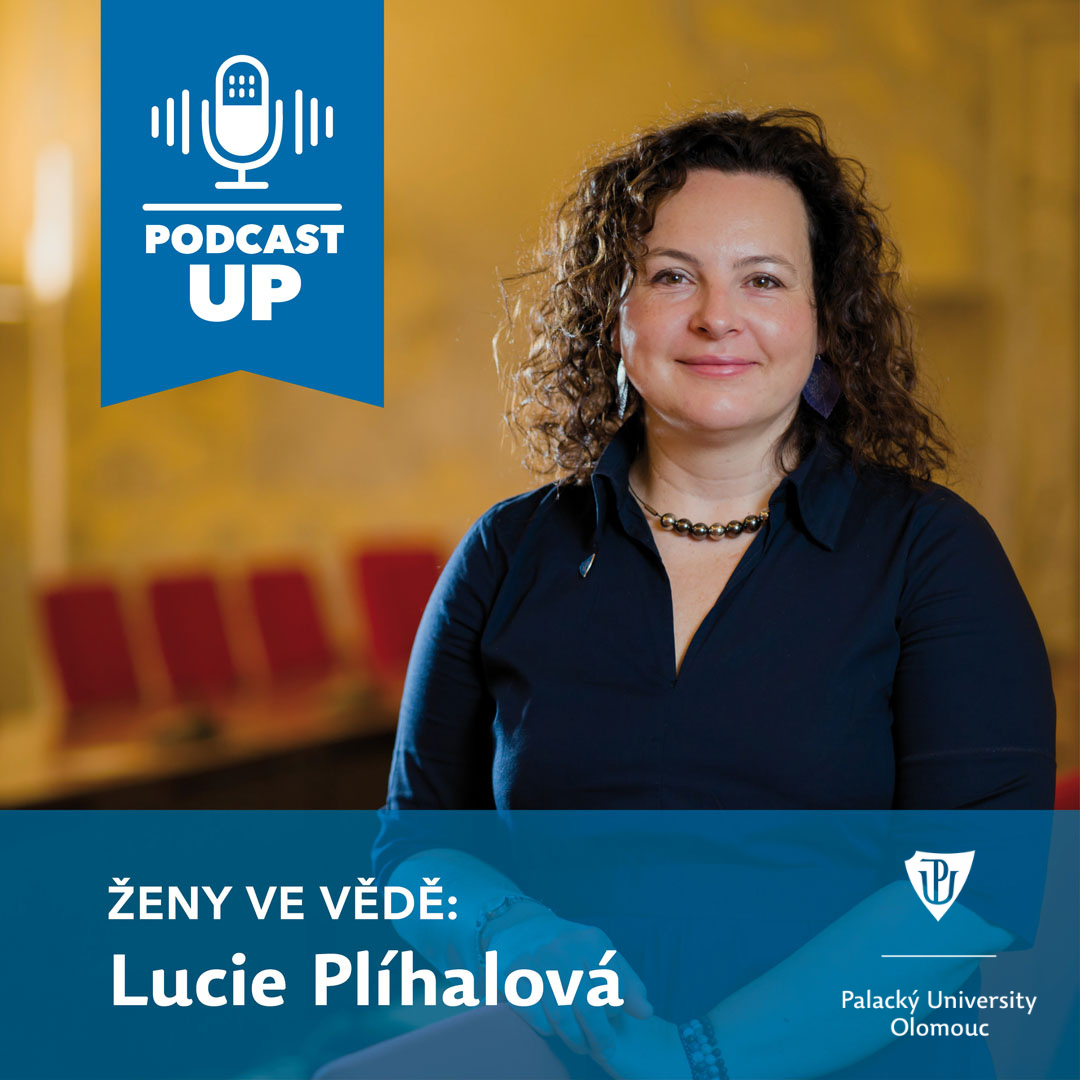
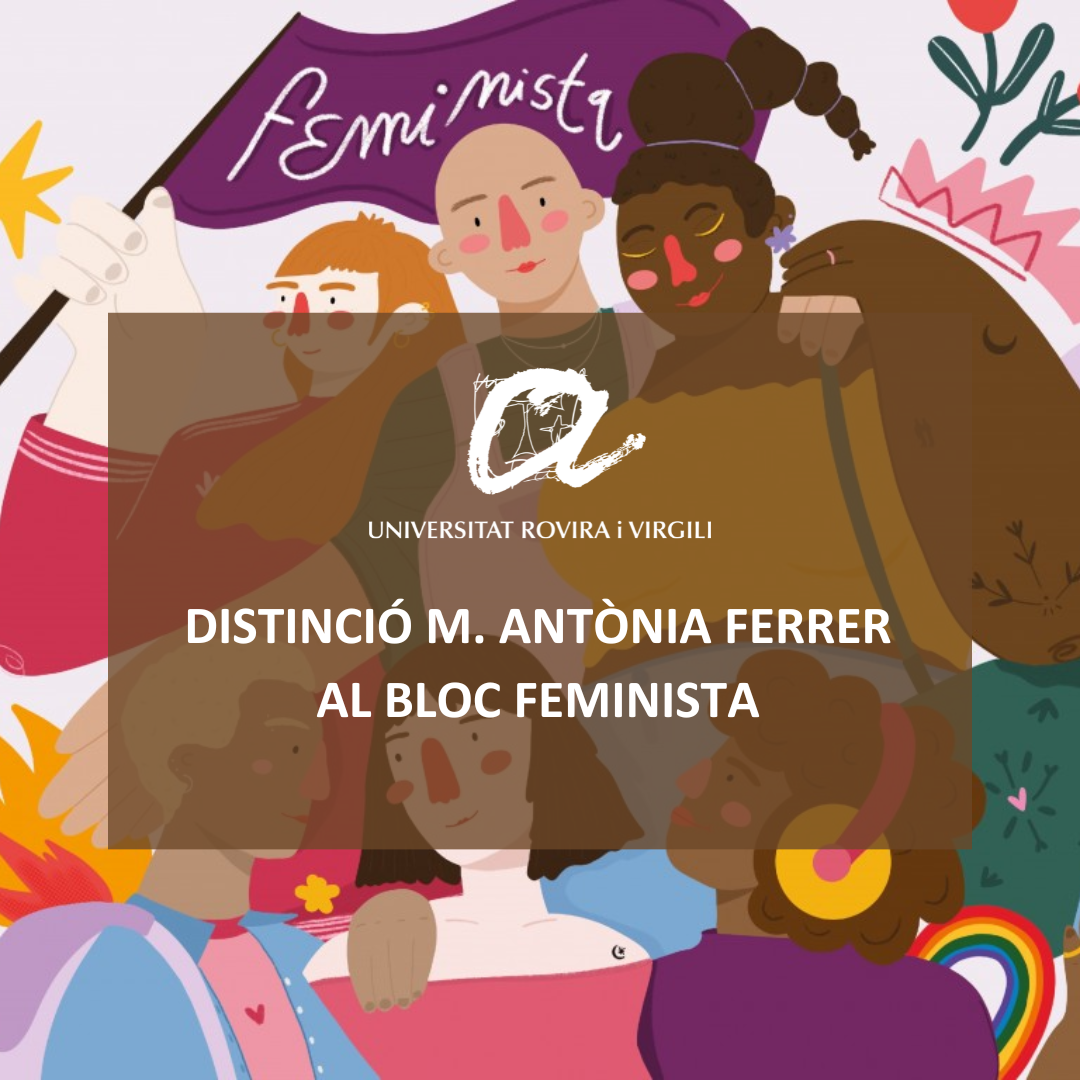
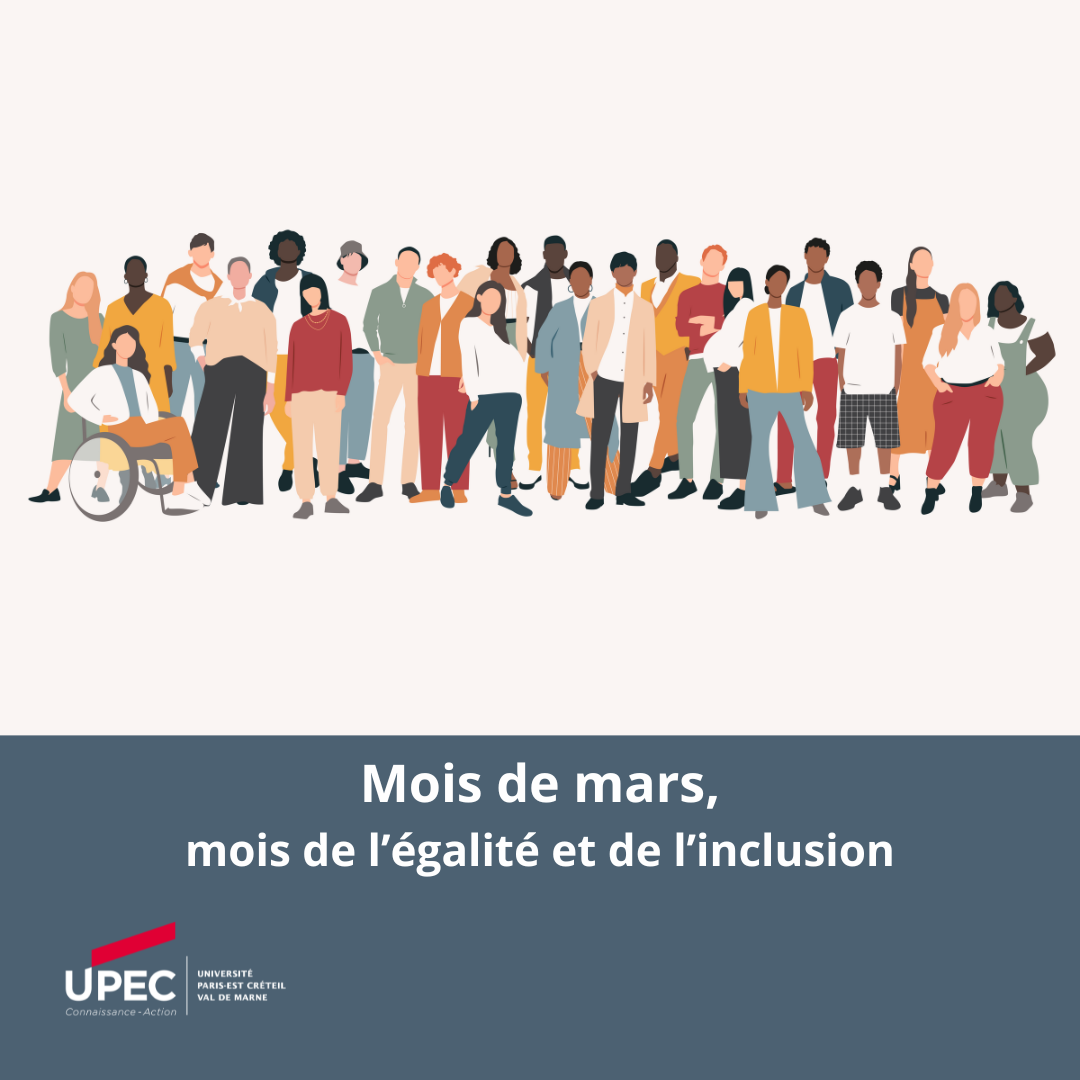 This year at
This year at 